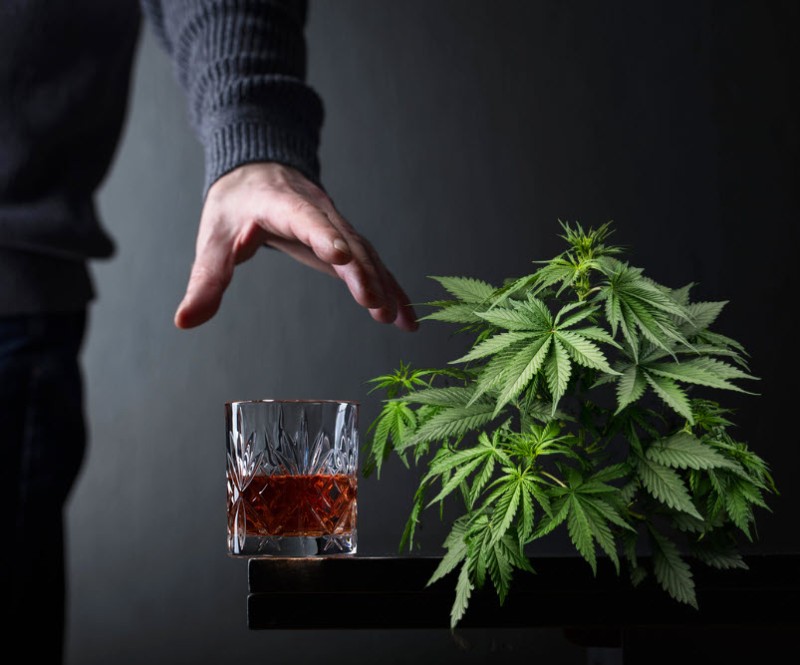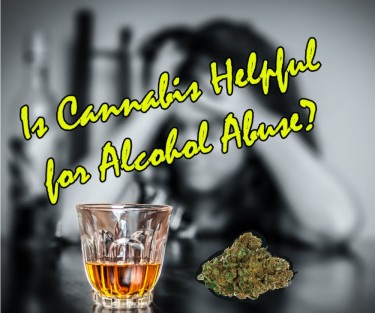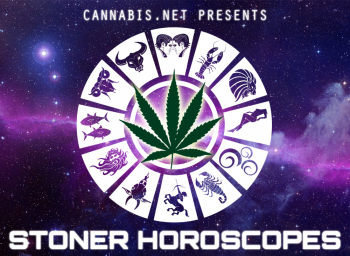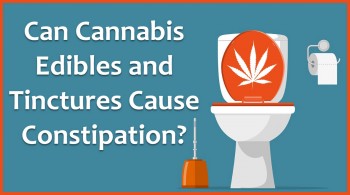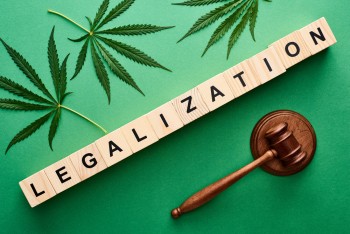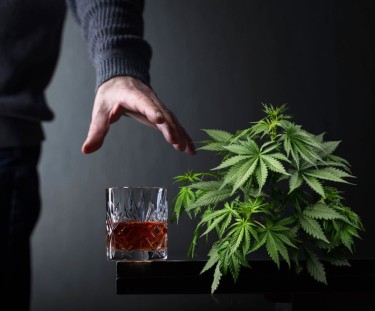
New Study Shows That Cannabis Use Decreases Alcohol Cravings Among Heavy Drinkers
Alcohol is so accessible and so deeply embedded into our culture, and social norms worldwide.
Throughout the world, it’s become normal to grab a drink after work, or get sloshed on a weekend especially if you’re stressed out. We drink to celebrate, drink to forget, unwind, relax, numb ourselves… and even connect with other people – yet, no one bats an eye considering the sheer number of studies proving that alcohol is actually cancerous.
But we’ve known that alcohol is a carcinogenic for over 35 years now. It was back in 1987 to 1988 when the International Agency for Research on Cancer first classified alcoholic drinks as a Group 1 carcinogen for humans; they already had sufficient proof back then that drinking alcohol was linked to cancers of the liver, esophagus, larynx, and oral cavity to name a few. And we have much more proof today.
In contrast, cannabis has been shown to be a fantastic, natural alternative to alcohol – and it can also do everything alcohol can: give you a buzz, relax and unwind you, and help you connect with other people – without the cancerous and dangerous side effects! However, for those who have gone too far to the deep end, quitting alcohol can be so difficult!
How Cannabis Helps Reduce Boozy Cravings
According to a recent federally funded study, which is discussed on Marijuana Moment, individuals who consumed cannabis right before drinking booze ended up drinking less – and even reported having reduced cravings for booze! Subsidized by the National Institutes of Health’s National Institute of Alcohol Abuse and Alcoholism, the study is more evidence of substitution, wherein individuals replace part of all of their alcohol consumption with weed.
For the study, 8 investigators from Colorado State University as well as the University of Colorado analyzed 62 adults, who were consumers of both weed and booze, and who were heavy drinkers for a minimum of 3 months. The participants were asked to engage in sessions where they could consume as much as 5 alcoholic drinks, which consisted of a ‘priming’ drink, which could be followed by a maximum of 4 discretionary drinks that, if they choose to imbibe, would be taken in 15-minute intervals.
At one session, the individuals were made to consume weed first, through a method of their preference and at a dose they are used to. All of this information was recorded and weighed beforehand. The researchers found that when the participants consumed booze alone, they drank 2 beverages on average. But when they combined weed with it, the subjects ended up drinking just 1.5 drinks, which represented a 25% decrease. Though not all subjects drank fewer drinks after consuming pot, the ones who did said that their alcohol cravings were reduced at several points in time after consuming weed, compared to when they just drank booze alone.
“We found that across the entire sample, self-administering cannabis before alcohol significantly reduced alcohol consumption compared to when alcohol was offered without cannabis,” wrote the authors. “Furthermore, we found that cannabis and alcohol co-administration was associated with significant acute reduction in alcohol cravings compared to alcohol administration alone,” they added.
The researchers said that “for some individuals who drink heavily, cannabis may serve as a substitute for alcohol, and craving reduction may be the mechanism though which this occurs,” concluded the study. It’s also important to note that the authors said the effects of this aren’t uniform or standard; as is with many aspects regarding cannabis use, there is no one-size, fits-all approach.
“In sum, this study demonstrates that differential effects of cannabis on alcohol craving may underly the propensity to engage in substitution behavior, and that these effects are not dependent on plasma THC concentrations,” they said. “However, further research is needed to clarify other variables that may impact this relationship.”
This study, and the evidence supporting the substitution effect, contributes to a growing body of research showing how some individuals can successfully replace booze with cannabis. In the scheme of public health as well as addiction, this further solidifies the use of marijuana as a harm reduction tool for individuals struggling to quit alcohol, or for those who already have alcoholism. While it doesn’t mean that it will help one abstain completely, cannabis may be used to at least even partially reduce the cravings one has for alcohol.
CBD Found To Reduce Alcohol Cravings Among Subjects With Alcoholism
Meanwhile, older studies have shown that cannabidiol (CBD) also shows potential in reducing the craving for alcohol among those struggling with alcoholism.
Researchers at the Central Institute of Mental Health (CIMH) conducted what was known as the first clinical study of its kind, analyzing how CBD may affect alcohol cravings, if any. The results, published in Molecular Psychiatry, discusses how they successfully discovered the benefits of CBD curbing alcohol cravings using a randomized and double-blind study of 28 subjects. This is due to the impact of CBD on activity in the center for addiction and reward within the brain, the NAc or nucleus accumbens.
The participants were aged 18 to 60 and were classified as having mild or severe alcohol-related diseases. They were grouped into two; one was given an individual dose of 800mg CBD and the other was given a placebo. They were then asked to take part in several tests exposing them to stress, alcohol, and other stimuli. Brain activity was recorded through a magnetic resonance tomograph.
According to their findings, the group given CBD had a drastically reduced alcohol craving compared to those given a placebo. In addition, the reward center of the brain, the NAc, was also less active among the group given CBD.
“Our study provides initial and clear evidence that cannabidiol can help to reduce the craving for alcohol and change the brain activity associated with addiction,” explains the research lead at CIMH, Prof. Dr. Patrick Bach.
They also acknowledge that more research is needed to have better responses to significant questions, so they are working on another study to build on this.
CONCLUSION
These studies are just some of many that show significant promise for the use of cannabis to help treat alcoholism. It’s one of the most difficult and complex diseases to treat, but THC and CBD may be helpful at least in curbing cravings. However, the results are dependent and much more research is needed to universally understand the effects of weed on alcoholism.

